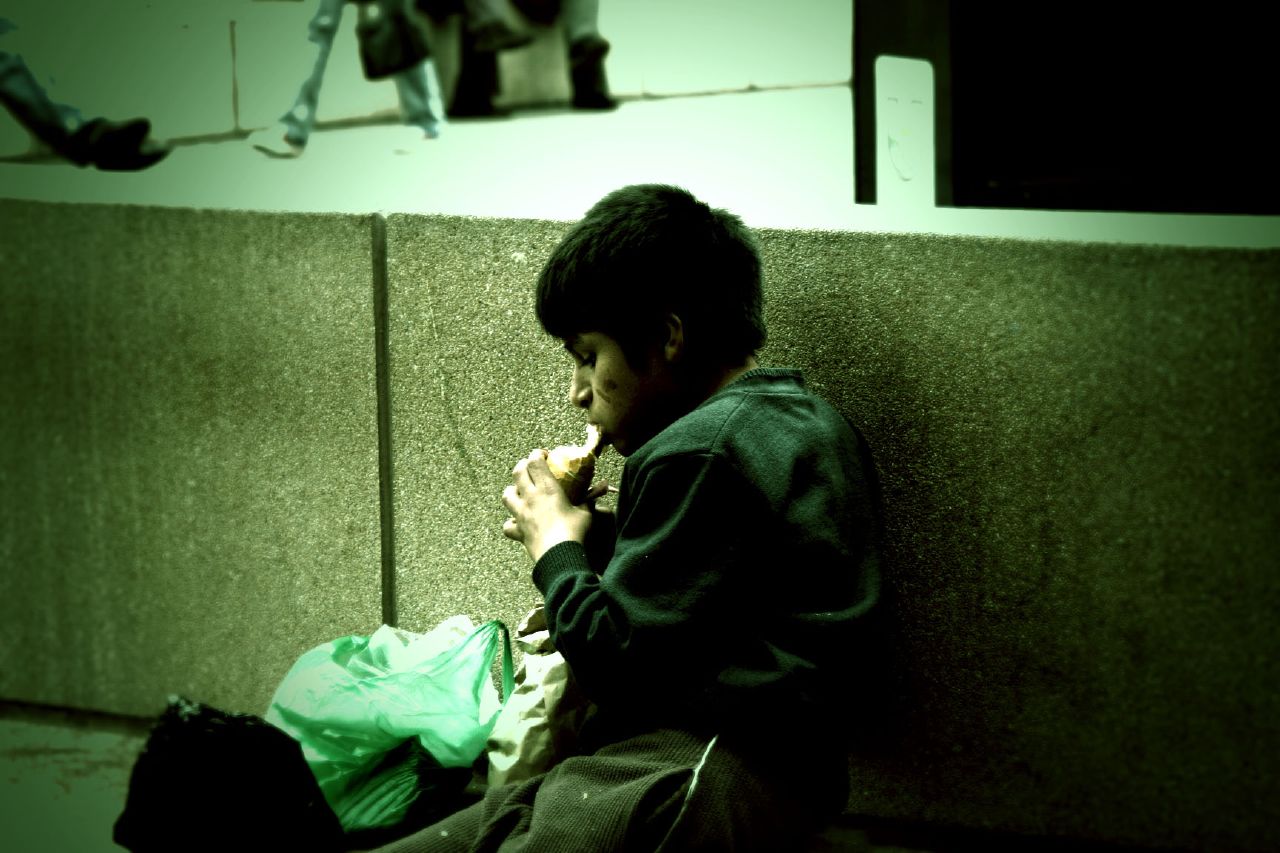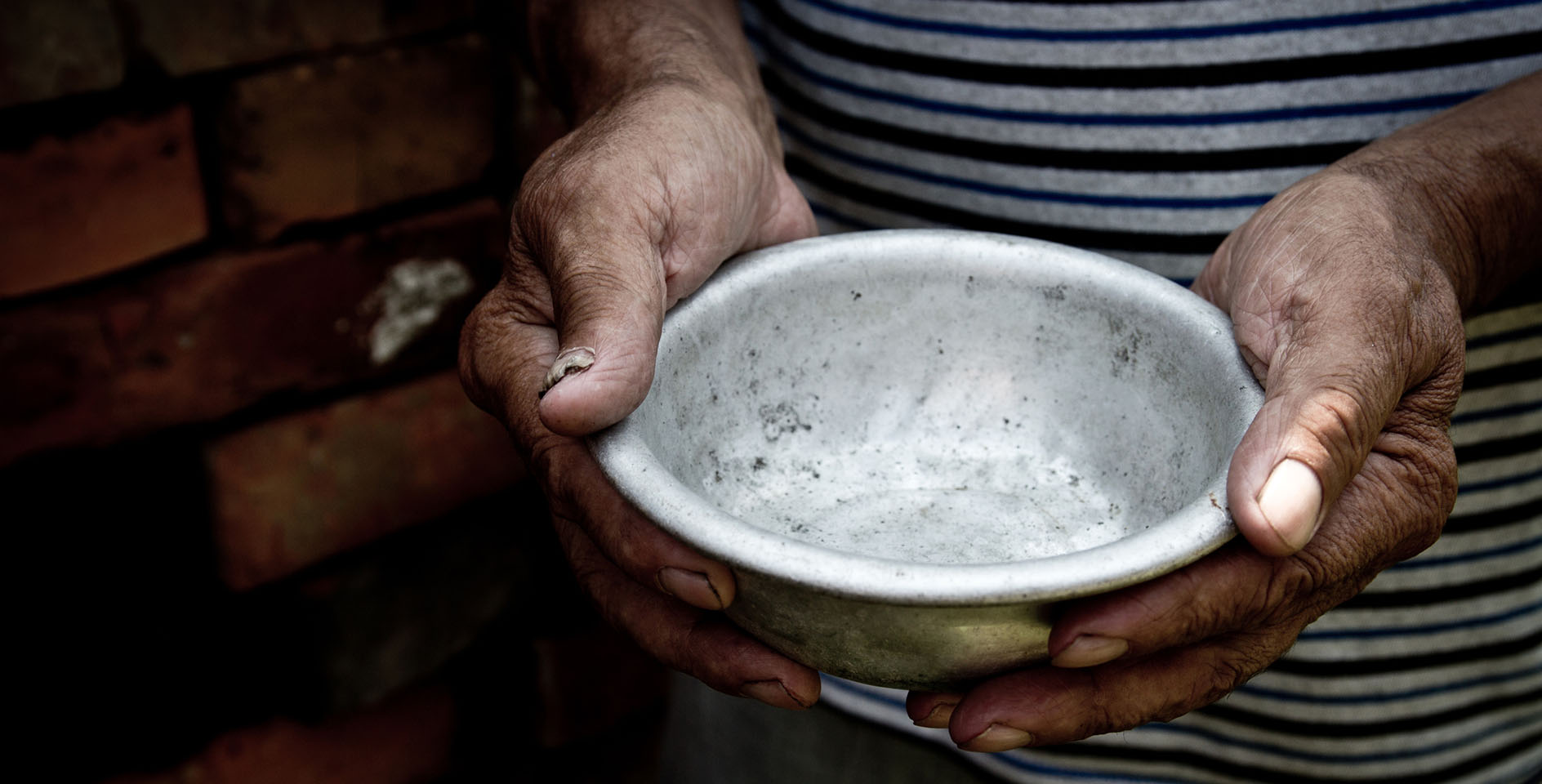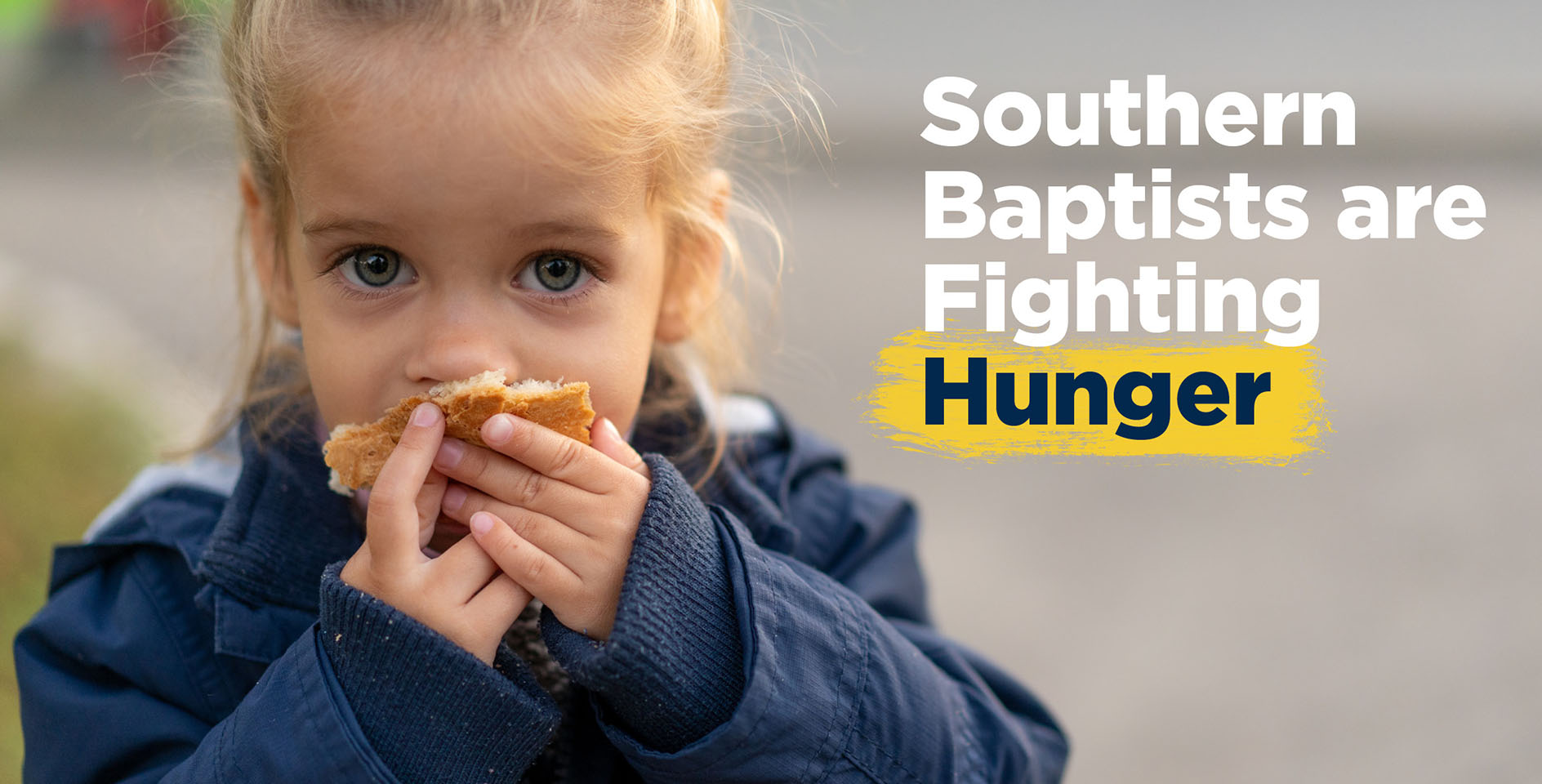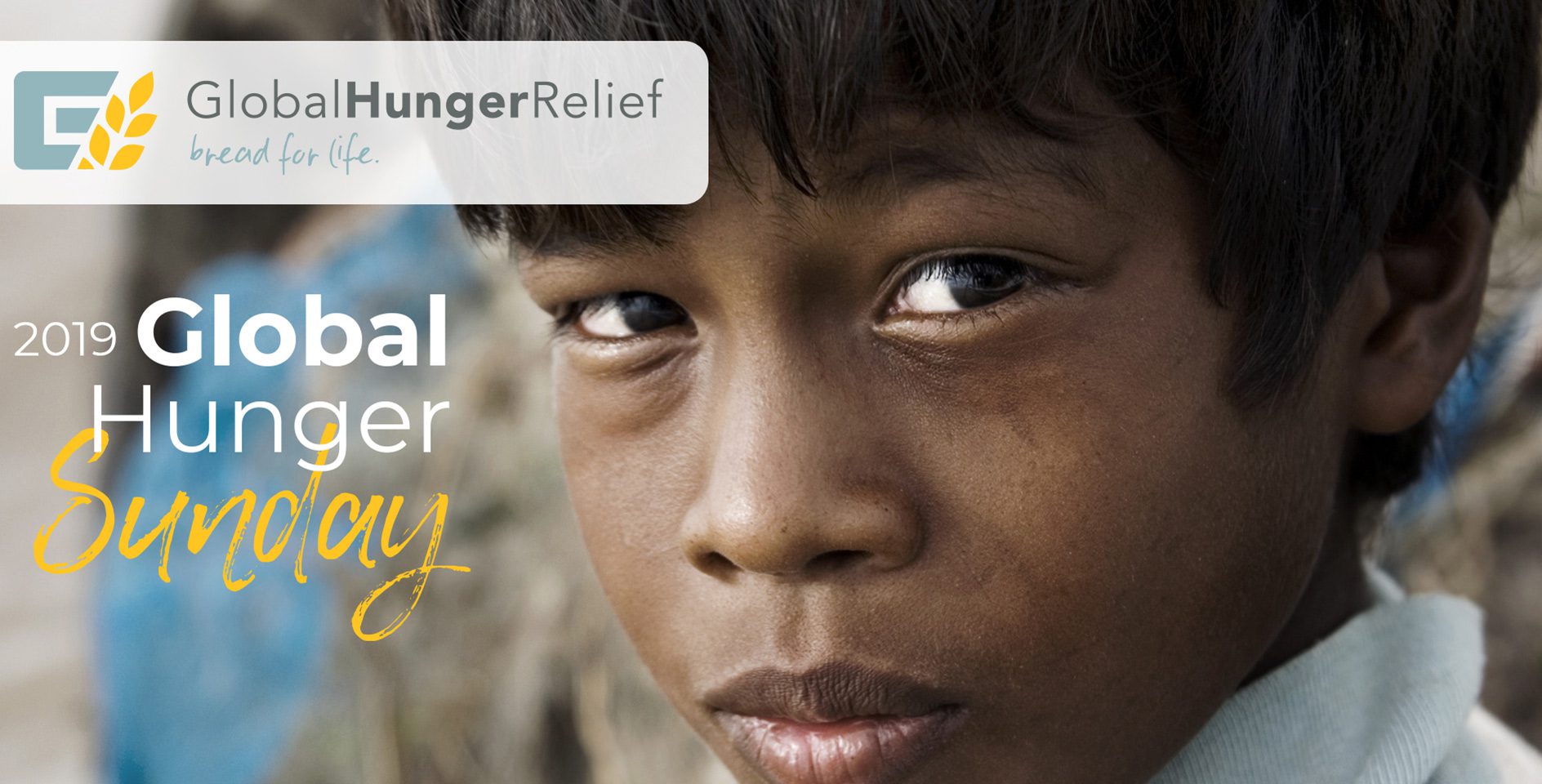One of the most underreported stories of the last decade is about good news: we’re winning the struggle against chronic hunger around the globe.
A recent U.N. report estimates that the number of chronically undernourished people in the world has decreased by more than 100 million over the last decade, and 209 million lower than in 1990–92. Those figures are even more remarkable when we consider the global population has increased by almost 2 billion since 1990.
According to the report, since 1990-92, 63 countries have reached the hunger target of halving the proportion of undernourished people and 25 countries have achieved the goal of halving the number of undernourished people. Of the 63 developing countries, 11 already had undernourishment levels below 5 percent (the methodological limit that can assure significance of the results different from zero) in 1990-1992 and have been able to keep it in that interval, and are therefore not the prime focus of the 2014 report.
In the same period, the prevalence of undernourishment has fallen from 18.7 to 11.3 percent globally and from 23.4 to 13.5 percent for developing countries. There has likely never been a time in modern human history when such a large percentage of the population has been freed from chronic hunger.
Unfortunately, about 805 million people — mostly in Africa and South-Eastern Asia still remain without adequate food resources, due largely to conflicts and natural disasters. While we’re making remarkable progress, there is still much that remains to be done. But Southern Baptists are stepping up to the challenge through the Southern Baptist Convention’s Global Hunger Relief (formerly the World Hunger Fund).
“No one is for world hunger. We all think it’s a terrible thing and we wish it would go away,” says Russell Moore, president of the Ethics & Religious Liberty Commission, the primary entity charged by Southern Baptists with raising awareness about the hunger issue.
“Having the right feelings about hunger, though, isn’t enough. That’s the equivalent of the apostle John’s warning against saying ‘Be warmed and filled’ to those in need,” Moore added. “The World Hunger Fund — and the new Global Hunger Relief initiative — is a tangible way for Baptist Christians to feed hungry people in Jesus’ name. The Bible tells us we’ll be asked at the Judgment Seat about our response to the hungry. The least we can do is give, to offer a meal and the Gospel of life to those who are starving.”
Global Hunger Relief (GHR) is one of the most effective mean for Christians in America to help win the battle against chronic hunger in the world. While most humanitarian organizations may keep from 30 percent to 70 percent for administrative overhead (such as buildings, salaries, advertising, etc.), GHR is able to devote resources directly to meeting hunger needs because of the unique partnership.
This weekend, SBC churches around the world will recognize World Hunger Sunday. Let’s use this time to plan how we can support GHR, both as individuals and as congregations, in order to finally put an end to chronic hunger.
Image credit: Steve Levi









